
December 10, 2025
The International Air Transport Association (IATA) warned on Tuesday that the global aviation sector is unlikely to meet its sustainable aviation fuel…
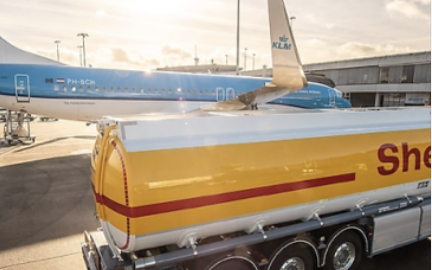
December 3, 2025
Shell has signed a long-term offtake agreement with Green Sky Capital to purchase all future sustainable aviation fuel (SAF) produced at Egypt’s…
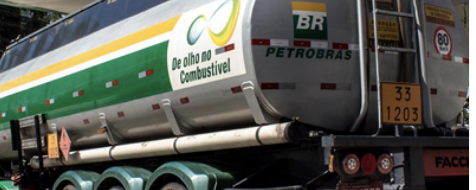
December 1, 2025
Brazil may postpone its next increase in mandatory biodiesel blending, adding uncertainty to the country’s biofuel expansion plans. A senior official from…
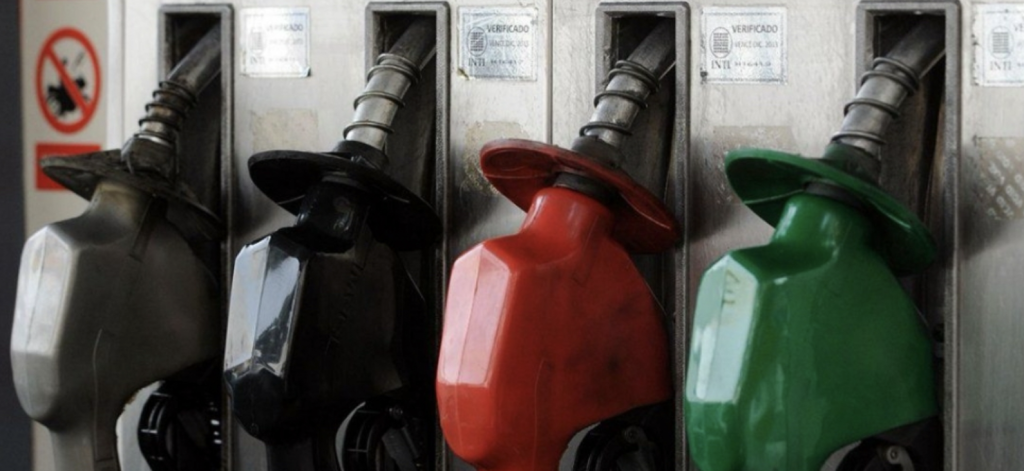
December 1, 2025
On Monday, Javier Milei’s government authorized a new increase in the mandatory purchase prices of biodiesel and bioethanol used for Argentina’s fuel…
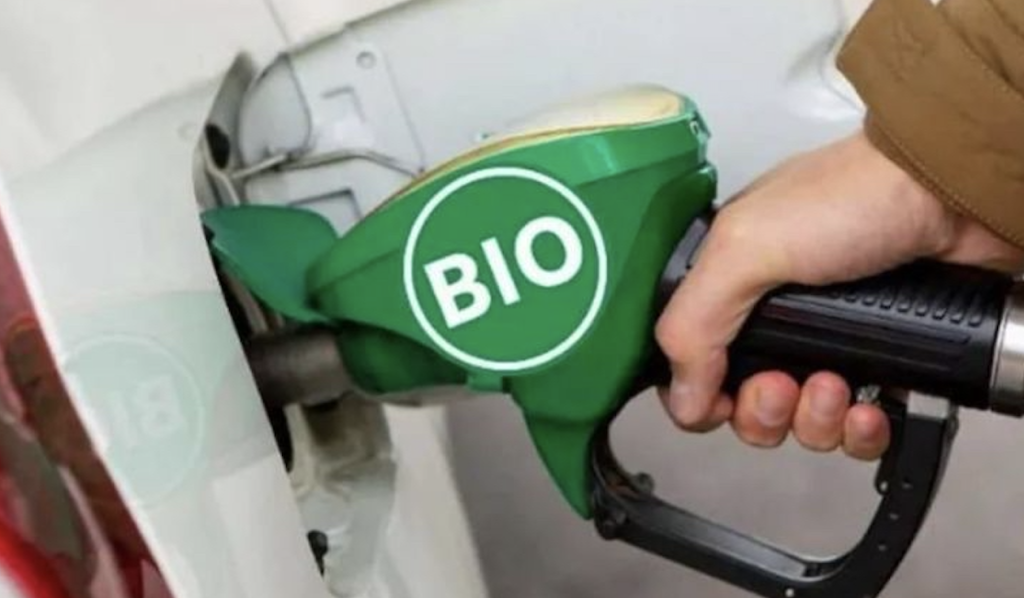
November 25, 2025
The U.K. government announced on Tuesday that the Secretary of State has accepted the Trade Remedies Authority’s (TRA) final recommendation to impose…
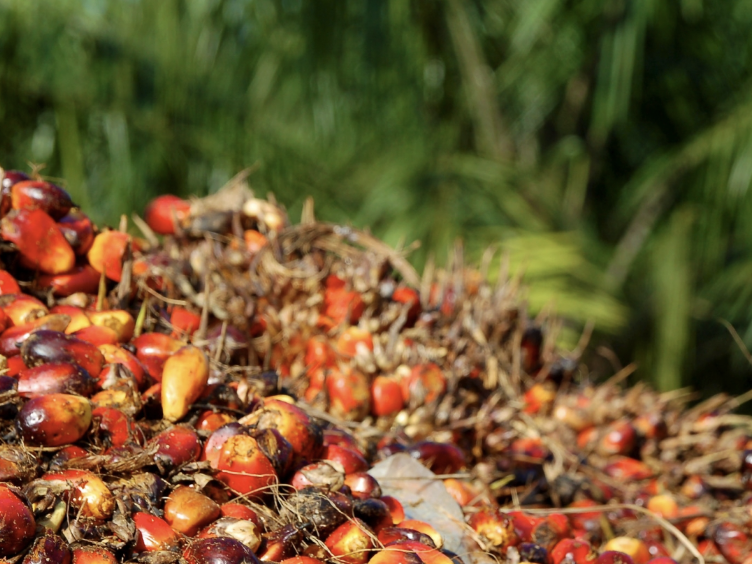
November 24, 2025
Malaysia has clarified that the use of palm oil as a bio-based feedstock for Sustainable Aviation Fuel (SAF) will not trigger negative…

November 18, 2025
In Brazil, the Abra Group—formed by airlines such as GOL, Avianca, and Wamos Air—has signed a Memorandum of Understanding (MoU) with Sumitomo…

November 14, 2025
Indonesia is preparing a major step in its biofuel strategy, with the Energy Ministry confirming that road testing for B50 biodiesel—fuel containing…

November 13, 2025
On November 13, it was reported that Germany will end the double-counting scheme for biofuels produced from used cooking oil (UCO) when…

November 12, 2025
In Singapore, Aster and Aether Fuels have signed an agreement to develop Southeast Asia’s first next-generation commercial-scale Sustainable Aviation Fuel (SAF) production…






